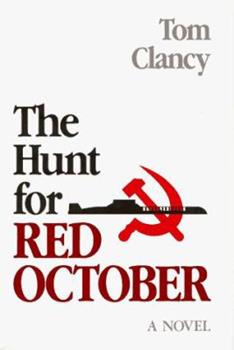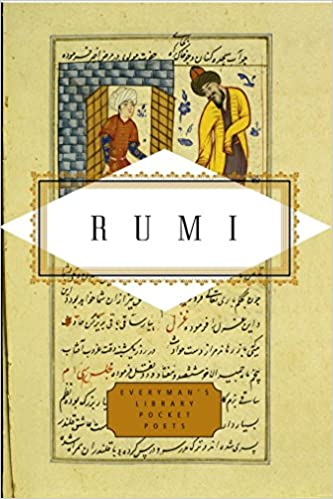
The Hunt for Red October is a classic Cold War novel. When I had the opportunity to purchase the novel in hardback, I jumped on it. I actually found my copy on a social media marketplace; the gentleman who sold it to me had already read it and had another copy at home. I told him how I loved the movie and had just recently realized it was also a book. He was glad to pass it on to someone who would enjoy it.
My copy is like new – the pages still smell fresh. The cover is red with the title in silver on the spine. The dust jacket has a simple white background that show both the submarine and the Communist hammer and sickle on the front just beside the title.
The story follows two main characters: Russian Captain Marko Ramius and CIA Analyst Jack Ryan. Captain Ramius commands the newest Russian nuclear submarine, Red October. When the Red October fails to follow through with its first test run at sea and disappears into the Atlantic Ocean, the Russians deploy their Navy to find the submarine, and the CIA requests Jack Ryan to assess the situation for threats against the Unites States. What follows is a gripping tale of naval hide-and-seek that could have grave consequences if anything goes wrong. You’ll have to find your own copy if you want to know what happens.
